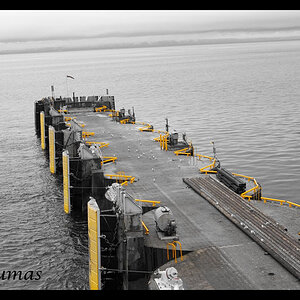sb_sparky
TPF Noob!
- Joined
- Apr 28, 2011
- Messages
- 6
- Reaction score
- 0
- Location
- California
- Can others edit my Photos
- Photos OK to edit
Hi there,
I am trying to figure out the best and safest way to backup my photos. It is a constant worry for me because my computer is needing to be replaced and is older.
I have close to 250,000 photos on my computer as well as 461 GB of video. Right now we have some of the photos/vidoe on an external hard drive but not all. We signed up for Backblaze 9 months ago but I have not really heard of them and want to see what you all think. Do you think using an online backup as the main "backup" is the safest method?
I would love to know what you use and think are the safest forms of backup. Also, how many places are your photos backed up too?
Thanks
Allison
I am trying to figure out the best and safest way to backup my photos. It is a constant worry for me because my computer is needing to be replaced and is older.
I have close to 250,000 photos on my computer as well as 461 GB of video. Right now we have some of the photos/vidoe on an external hard drive but not all. We signed up for Backblaze 9 months ago but I have not really heard of them and want to see what you all think. Do you think using an online backup as the main "backup" is the safest method?
I would love to know what you use and think are the safest forms of backup. Also, how many places are your photos backed up too?
Thanks
Allison









